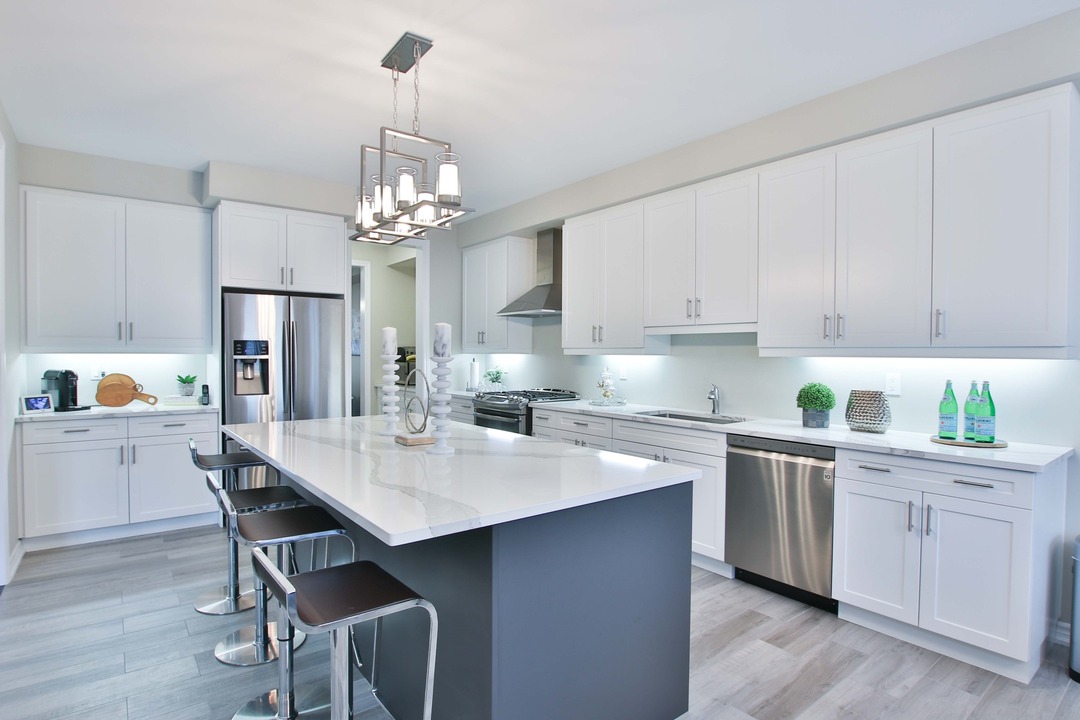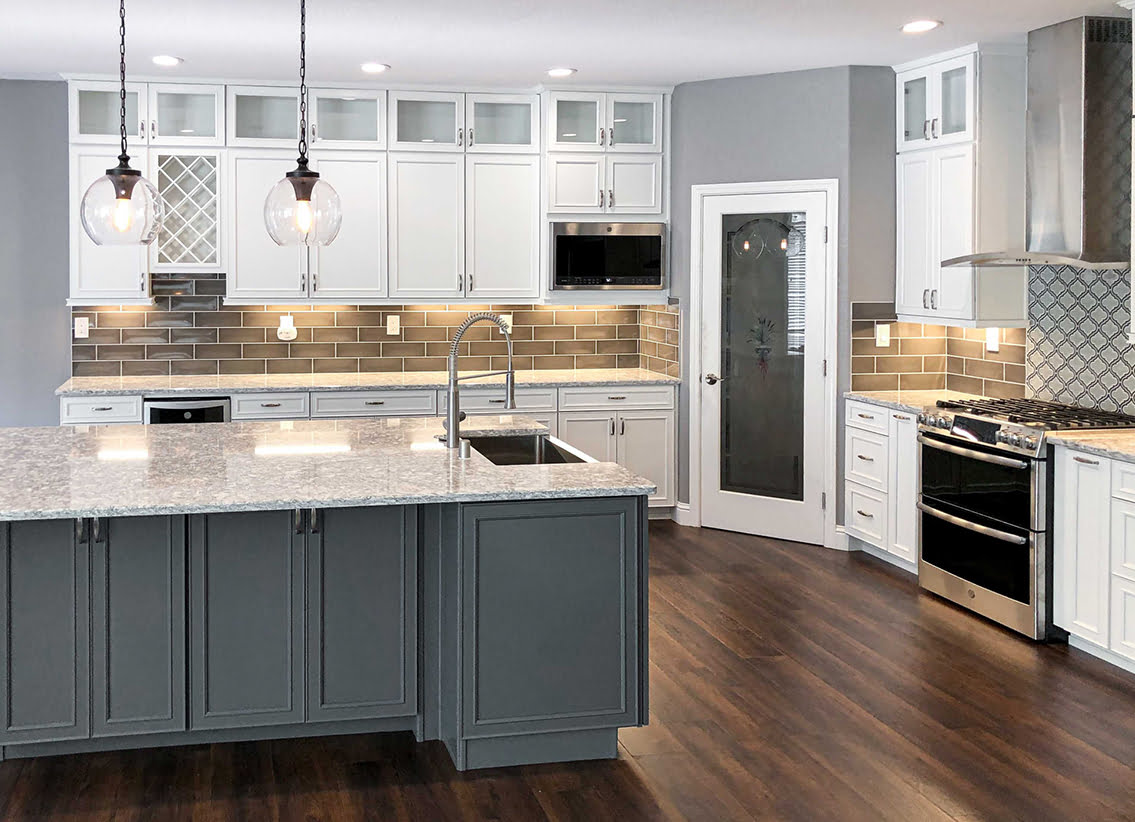In any commercial kitchen, energy consumption can be a significant operational expense. Whether it’s the constant hum of refrigerators, the heat from ovens, or the exhaust fans whirring in the background, running a commercial kitchen demands substantial energy. With energy prices rising and businesses seeking ways to enhance profitability, reducing energy costs has become a high priority. Fortunately, several actionable strategies can lower these expenses while improving the overall efficiency of your kitchen.
In this guide, we’ll explore critical practices to help you reduce energy costs in your commercial kitchen without sacrificing the quality of your food or service.
Understanding the Energy Footprint of a Commercial Kitchen
Before diving into specific methods for reducing energy costs, it’s essential to understand how energy is used in a typical commercial kitchen. According to the U.S. Energy Information Administration (EIA), food service facilities consume five to seven times more energy per square foot than other types of commercial buildings. This high energy consumption stems primarily from the following:
- Cooking Equipment: Ovens, grills, fryers, and stovetops use significant amounts of electricity and gas.
- Refrigeration: Keeping perishable goods fresh requires constant refrigeration, leading to high energy demands.
- Ventilation Systems: Exhaust fans and air conditioning work overtime to ensure a comfortable environment and remove fumes.
- Lighting: Kitchens need ample lighting for safety, food prep, and presentation, often consuming energy around the clock.
These systems work together to ensure smooth operations but also drive up energy bills. The key to reducing these costs lies in optimizing each area of consumption.
Upgrade to Energy-Efficient Appliances
One of the most effective ways to reduce energy costs in your commercial kitchen is by upgrading to energy-efficient appliances. Modern kitchen equipment is designed with energy-saving features that not only reduce consumption but also improve performance. When purchasing new appliances, look for ENERGY STAR-certified products that meet strict energy-efficiency guidelines set by the U.S. Environmental Protection Agency.
For example, energy-efficient refrigerators can use 15-20% less energy than standard models, and high-efficiency fryers can reduce energy consumption by up to 30%. While the initial investment may be higher, the long-term savings on your energy bill will more than makeup for the cost over time.
Regular Maintenance of Equipment
Even the most energy-efficient equipment requires regular maintenance to function at peak performance. Simple tasks such as cleaning grease filters, descaling steamers, and servicing refrigeration units can significantly improve energy efficiency.
For instance, a refrigerator with dirty condenser coils can use 25% more energy than one that is well-maintained. Regularly checking and cleaning these components ensures that your appliances are running as efficiently as possible, reducing unnecessary energy consumption.
Another often overlooked factor is ensuring that seals and gaskets on ovens and refrigerators are intact. Leaky seals can cause heat or cold air to escape, forcing the equipment to work harder and consume more energy. By incorporating a regular maintenance routine, you can extend the lifespan of your equipment and save on energy costs.
Optimize Refrigeration Practices
Since refrigeration accounts for a significant portion of a commercial kitchen’s energy use, optimizing how you use and maintain refrigerators and freezers can lead to noticeable savings.
Here are a few strategies to reduce refrigeration-related energy costs:
- Keep refrigerators and freezers fully stocked: A fully stocked refrigerator uses less energy to maintain its temperature because the stored items help retain the cold.
- Position equipment wisely: Keep refrigerators away from heat sources like ovens, grills, and direct sunlight. This reduces the amount of work they need to do to stay cool.
- Install automatic door closers: These ensure that doors are never accidentally left ajar, preventing cold air from escaping.
- Defrost regularly: Built-up frost makes freezers work harder. Regular defrosting keeps them operating efficiently.
By making these minor adjustments, your refrigeration units will consume less energy, which can translate into significant savings over time.
Innovative Use of Cooking Equipment
While upgrading to energy-efficient appliances is essential, how you use your cooking equipment also plays a significant role in energy conservation. Efficient kitchen practices can lead to lower energy consumption and faster cooking times.
- Use equipment at total capacity: Whenever possible, try to cook larger batches or maximize the use of your equipment. Cooking multiple items at once rather than one after another reduces the total time appliances are running.
- Preheat and idle mindfully: Many chefs preheat ovens, grills, and fryers longer than necessary. Avoid keeping equipment idling when it’s not in use, and only preheat for the minimum time required.
- Turn off unused burners: It’s easy to leave stovetop burners running between uses, but this wastes significant energy. Make a habit of turning them off when not in active use.
By adopting these innovative cooking practices, you can significantly lower your kitchen’s energy usage without compromising food quality.
Implement an Energy Management System (EMS)
An Energy Management System (EMS) can provide valuable insights into how energy is being used across your commercial kitchen. These systems monitor energy consumption in real time, allowing you to identify inefficiencies, track peak usage times, and make data-driven decisions to reduce energy waste.
For example, an EMS can help you determine whether you’re running certain appliances too long or if some equipment is malfunctioning. Over time, this data can help you adjust your energy usage patterns and significantly lower your utility costs.
Leverage LED Lighting
Switching to energy-efficient lighting, such as LED lights, is one of the most accessible and most affordable ways to reduce energy consumption in your kitchen. LED lights use up to 75% less energy than traditional incandescent bulbs and last much longer, reducing replacement costs as well.
Consider installing motion sensors or timers in low-traffic areas such as storage rooms, walk-in refrigerators, or back offices. This ensures that lights are only in use when necessary, further minimizing energy waste.
Efficient Ventilation and HVAC Management
Ventilation systems are essential for maintaining air quality in a commercial kitchen, but they can also be a significant source of energy consumption. Ensuring that your kitchen’s ventilation system is running efficiently can lead to substantial savings.
- Install demand-controlled ventilation: This system adjusts the fan speed based on the level of cooking activity, reducing energy usage when cooking loads are light.
- Regularly clean exhaust filters and ducts: Dirty filters force your ventilation system to work harder, consuming more energy in the process. Keeping them clean ensures smooth airflow and optimal efficiency.
- Use smart thermostats: For HVAC systems, consider using smart thermostats that can automatically adjust temperatures during non-peak hours, such as when the kitchen is closed.
By optimizing your kitchen’s ventilation and HVAC systems, you can maintain a comfortable working environment while minimizing energy costs.
Training Staff on Energy Efficiency
Your kitchen staff plays a crucial role in managing energy use on a day-to-day basis. Providing them with the right training can help them adopt energy-efficient habits and use kitchen equipment more effectively.
- Encourage energy-saving practices: Train staff to turn off lights, appliances, and equipment when not in use. Teach them only to use the necessary amount of water and to report any malfunctioning equipment immediately.
- Monitor energy use: Make energy conservation part of your daily routine by encouraging staff to track and monitor energy usage. This not only raises awareness but also fosters a culture of accountability when it comes to reducing waste.
Seek Commercial Kitchen Services for Efficiency Audits
If you need help determining where to begin or how to assess your kitchen’s current energy efficiency, hiring a professional commercial kitchen services provider can be a smart move. These professionals can conduct energy audits, evaluate your equipment, and suggest tailored solutions to reduce your overall energy consumption. In many cases, they can recommend upgrades, retrofits, or operational changes that lead to both short-term and long-term savings.
By taking a proactive approach to energy management and leveraging modern technology, it’s possible to reduce energy costs in your commercial kitchen significantly. From upgrading appliances to training staff and optimizing equipment usage, these strategies not only reduce costs but also enhance the sustainability and efficiency of your operations. Start small, make incremental changes, and watch your energy savings add up over time.


